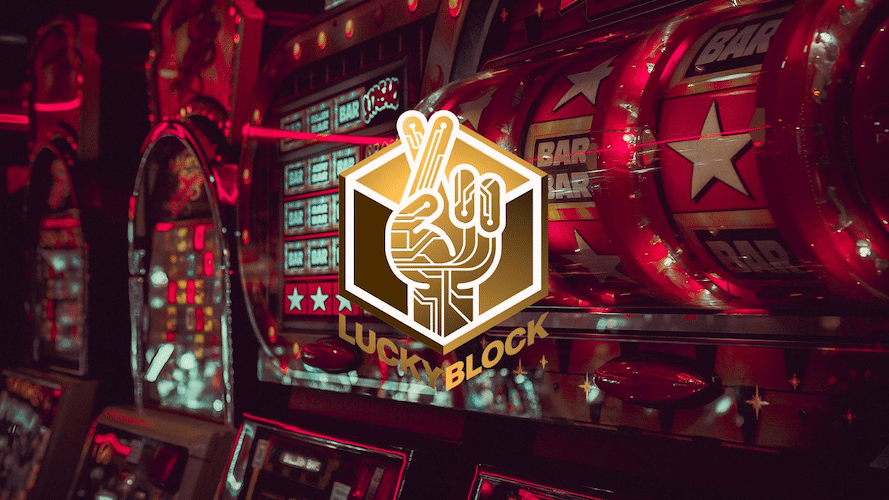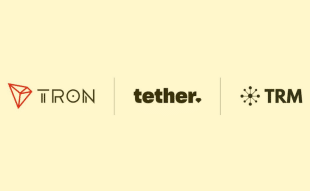The Conservative Party of Norway, also known as Høyre, has recently proposed an end to the country’s long-standing gambling monopoly in their latest political manifesto. If this move is successful, it could pave the way for a fully liberalized gambling market by 2028. Norway remains unique in Scandinavia, holding onto a state-controlled monopoly while neighboring countries have already implemented significant reforms in their gambling sectors.
Strong Support for a More Open Gambling Market
Currently, two state-run entities, Norsk Tipping and Norsk Rikstoto, manage all licensed gambling activities in Norway. This includes everything from physical slot machines and lotteries to online gambling, sports betting, and horseracing. However, Høyre’s newly unveiled policy, outlined in their manifesto from 9 September, calls for a shift toward a licensed gambling market. The party argues that such a change would bring several advantages, including increased revenue for the government and a better system to help individuals facing gambling addiction issues.
Their manifesto clearly states that the party wants to replace the existing monopoly model with a licensed system. This would ensure that the government still maintains control over the gambling market while also increasing financial benefits and addressing problem gambling more effectively.
A Political Alliance for Reform
Høyre holds 36 out of the 169 seats in Norway’s parliament, making it the second-largest party in the country. Another political group, the Progress Party, which controls 21 seats, has also expressed support for ending the monopoly. This shared stance raises the possibility of a political alliance that could drive these gambling reforms forward. However, the real momentum for change will likely depend on the outcome of the upcoming general election scheduled for 8 September 2025.
While the current ruling party, the Liberal Party, hasn’t laid out specific plans for the gambling sector, its efforts have focused on combatting gambling addiction. Industry experts believe that, regardless of political delays, Norway is inevitably on the path to a more open market. A liberalized system would protect consumers better by guiding them away from risky black-market operators and would boost tax revenue for the country.
Gambling Reforms in Other Scandinavian Countries
In recent years, several Scandinavian countries have been undergoing significant gambling reforms as governments seek to modernize their regulatory frameworks and balance public health concerns with economic interests. Sweden, for instance, implemented a new Gambling Act in 2019, ending the state’s monopoly on online gambling and opening the market to private operators. The Swedish Gambling Authority now oversees both public and private entities, ensuring that all licensed operators comply with strict rules to protect consumers, prevent gambling addiction, and combat illegal activities. The reform has been largely successful in terms of revenue generation and consumer protection, though the government continues to refine regulations to address ongoing issues, such as the rise of unlicensed platforms.
Denmark has also taken progressive steps in its gambling market reform, which began in 2012 when the country liberalized its online gambling sector. The Danish Gambling Authority allows both domestic and international operators to offer betting and casino games, provided they meet the stringent requirements set out by Danish law. These include rigorous age verification measures and limitations on advertising to prevent gambling addiction. Denmark’s model has been praised for striking a balance between offering a competitive market and maintaining strong regulatory oversight, leading to high rates of licensed operator compliance and significant tax revenues for the state.
Finland, however, stands apart from its Scandinavian neighbors by maintaining a state-controlled monopoly over gambling through Veikkaus, a government-owned company. While there has been pressure from various stakeholders to open up the market to private operators, citing both competition and consumer choice, Finland has so far resisted these calls. The Finnish government argues that the monopoly model allows for better control over gambling addiction and ensures that revenues are funneled into public goods. However, the debate continues, and future reforms could potentially lead to a more open market similar to those in Sweden and Denmark.
Norway Could Follow in the Steps of Its Neighbors
If Norway does move forward with these reforms, it is expected to take inspiration from the models already implemented by other Scandinavian countries. Finland, for example, is in the process of finalizing its updated gambling regulations. However, Finland’s approach is cautious, as the country is considering banning bonuses and limiting affiliate marketing and social media advertising for gambling companies.
Combating the negative effects of gambling remains a key priority for Norway. In recent years, the government has taken notable steps to crack down on the black market and implement stricter safer gambling measures. These efforts have had a significant impact. According to a report from 2023, the number of individuals identified as problem gamblers has been reduced by more than half—from 55,000 in 2019 to just 23,000.
A New Era for Gambling in Norway?
With increasing political backing and the successful reforms seen in neighboring countries, many believe that Norway will soon follow suit and adopt a more competitive and open gambling market. The real questions now are when these changes will occur and what specific form the new regulations will take.

Lucky Block: Your Go-To Platform for Crypto Gambling and Sports Betting
Since its debut in November 2022, Lucky Block has quickly risen to prominence as a top destination for those interested in crypto gambling. The platform offers a seamless blend of casino games and sports betting excitement, all within a cryptocurrency-friendly environment. Designed for crypto enthusiasts, Lucky Block simplifies the onboarding process with minimal verification requirements, making it easy for users to dive into the world of crypto-powered gaming. Whether you enjoy classic casino games or betting on your favorite sports teams, Lucky Block promises a smooth and enjoyable experience for all.
Extensive Game Selection and Enticing Bonuses
With over 2,700 games available, Lucky Block caters to a diverse range of gaming preferences, appealing to both casino lovers and sports betting fans alike. New users are welcomed with an attractive package that includes a 200% matched deposit bonus and a generous amount of free spins, making it an appealing option for first-time players. A key feature of Lucky Block is its effortless integration with cryptocurrency transactions, supporting multiple cryptocurrencies for deposits and ensuring a seamless and efficient experience for players across the board.
Security is a top priority at Lucky Block. The platform uses cutting-edge encryption technology to protect player data and funds, ensuring a safe and trustworthy gaming environment. Complementing this security is a responsive customer support team, ready to assist with any issues or inquiries, providing peace of mind for players as they enjoy a secure gaming experience.
User-Friendly Features for Ultimate Convenience
Lucky Block goes the extra mile to enhance usability by incorporating convenient tools such as Telegram and WalletConnect. With Telegram’s global user base of over 700 million, the platform offers a streamlined registration process via a bot, eliminating the need for traditional email addresses or usernames. This not only speeds up sign-up but also adds an extra layer of security. Once registered, users can access the full range of games, promotions, and round-the-clock customer support directly through Telegram.
For more advanced crypto users, the integration with WalletConnect is a major benefit. This feature allows for secure linking of Web3 wallets, making deposits and withdrawals fast, private, and easy to manage. These additions reflect Lucky Block’s commitment to delivering a user-friendly, accessible platform tailored to the needs of cryptocurrency users.
Curious about what Lucky Block has in store? Now’s the perfect time to explore the platform and experience everything it offers.


